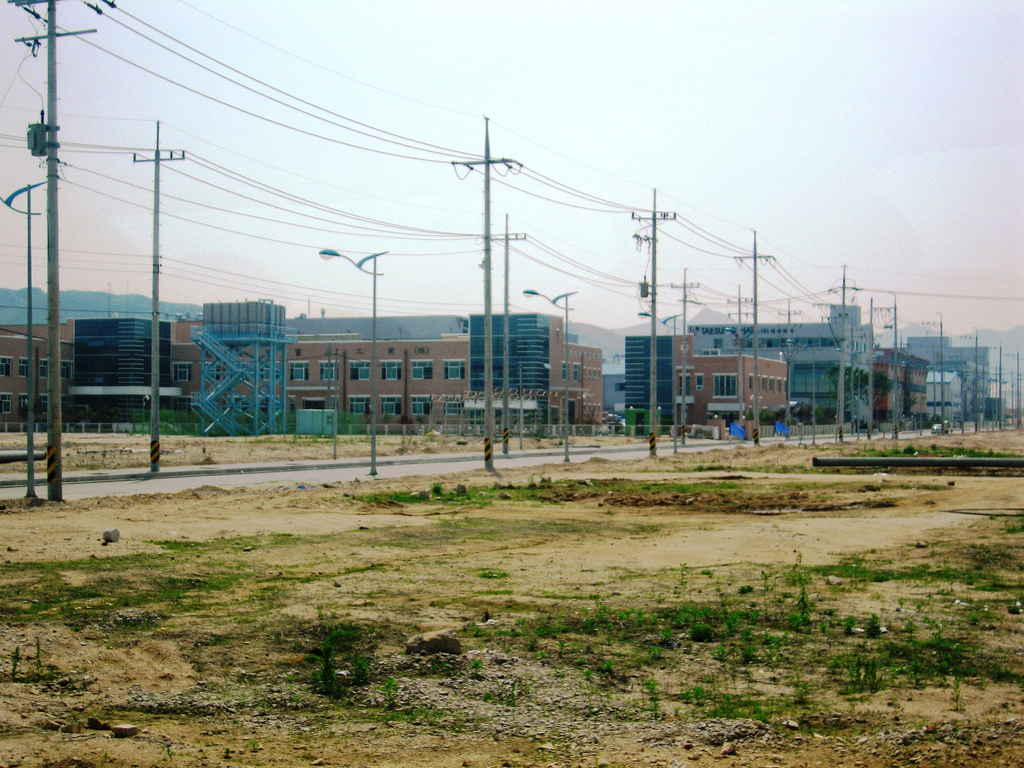The Peninsula
The Impact of Kaesong's Suspension on Korean Companies & South Korea-India Economic Connections

By Nicholas Hamisevicz
The fear that North Korea’s suspension of activities at the Kaesong Industrial Complex would have broader implications began to materialize last week when Daewha Fuel Pump Industrial Ltd. announced it failed to deliver parts in time to its Indian customer. Other companies are beginning to publicize their setbacks as well. The economic challenges for businesses like Daewha from the suspension of operations at Kaesong could have spillover effects for future investments in Kaesong and South Korea’s trade negotiation strategy. Moreover, the announcement from Daewha puts another South Korea – India economic connection into the spotlight. President Park Geun-hye and the businesses involved in Kaesong need to have patience, luck, and some business acumen in order to regain confidence from investors, economic benefits for customers, and opportunities for expansion when Kaesong is reopened.
The announcement from Daewha about its inability to maintain a steady supply to a customer was the fear of many supporters of the Kaesong operation. Without the ability to constantly supply customers, the strategic and economic advantages for Kaesong begin to dwindle for many Korean companies.
As one of the last remaining inter-Korean connections, Kaesong also helped provide an avenue for South Korea to communicate with North Korea as well as try to lay the groundwork for peaceful unification. However, with Daewha’s loss and troubles beginning to emerge with other companies, the opportunities available in Kaesong have again been questioned.
A part of those strategic and economic advantages were the potential future opportunities. Because of Kaesong’s previous success, some experts recommended that South Korea build more complexes like Kaesong. The Park Geun-hye administration also had plans to try to internationalize Kaesong and attract firms from other countries to set up in the industrial zone. Recent events will be an impediment for that goal. To revive the potential for expansion at the complex the Park administration will need a combination of good public relations (PR) and economic successes to ease the concerns of investors once Kaesong is up and running again.
Further potentially complicated by the work stoppage and the Daewha news is South Korea’s trade negotiation strategy to include language allowing for goods from Kaesong to be part of their trade deals. Future partners are now likely more aware of the political risks of increasing access to goods from Kaesong. One potential outcome from could be countries asking for language similar to the KORUS FTA that points to the development of specific conditions on the Korean peninsula before access for goods from Kaesong would be granted [Annex 22B]. This may require South Korean negotiators to repackage how they convince their counterparts to allow clauses potentially permitting goods produced in Kaesong to be included in their bilateral trade deals.
The news from Daewha was also tough PR for South Korea-India relations. Economics has been a major avenue for the two countries to work together. However, the cancellation of the partnership provides another example of an economic opportunity being damaged by political difficulties. While the Daewha example is on a much smaller economic scale than POSCO’s investment in Odisha, India, both illustrate politics affecting economic interaction between South Korea and India.
Moreover, India and South Korea are trying to reach their stated goal of $40 billion in total trade by 2015. Yet two way trade was still just below $19 billion in 2012. Even though Daewha claimed the deal was less than one percent of its sales last year, misfortunes of this nature also hold back the expanding economic relationship.
North Korea’s threats and initial suspension of the Kaesong Industrial Complex raised questions about the ability of companies to complete their orders and the future of investment opportunities in Kaesong. Unfortunately, a couple of weeks into the suspension, the impact is becoming real and damaging economic interactions beyond South Korea. These setbacks have only heighted the scrutiny of the consequences of operating in Kaesong, making it more difficult for the Park Geun-hye administration to attract investors to the complex, support the businesses there, and create opportunities for expanding the strategic and economic possibilities of Kaesong.
Nicholas Hamisevicz is the Director of Research and Academic Affairs for the Korea Economic Institute. The views represented here are his own.
Photo from Korea Economic Institute of America.
